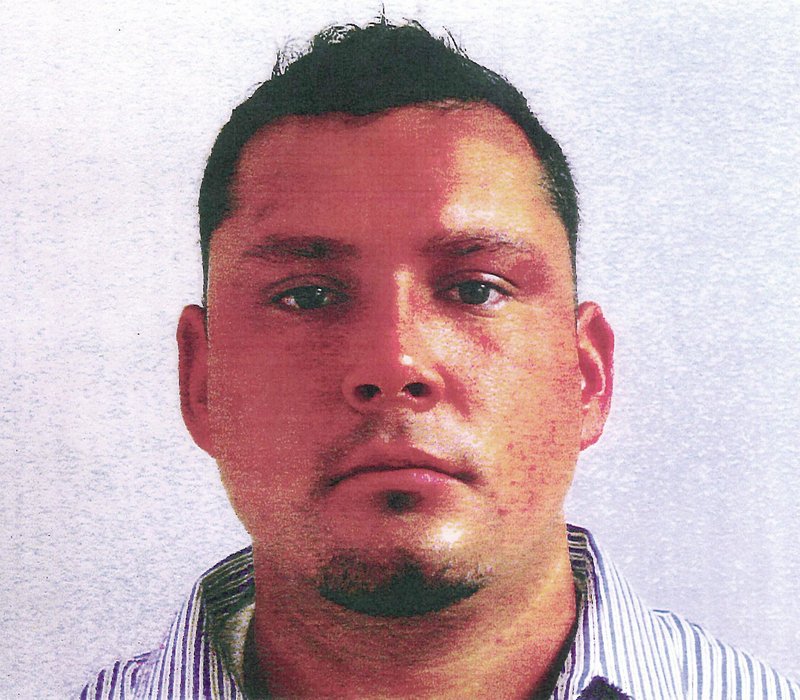STRATHAM, N.H. – The first New Hampshire Health Department clinic to test people for hepatitis C related to an outbreak at Exeter Hospital opened Friday as a new report said the hospital failed to properly maintain supervision over narcotics.
About 500 people were expected to attend the clinic Friday at the Cooperative Middle School in Stratham, which is open through Saturday. The state had sent letters to about 3,000 patients recommending that they get tested for the liver disease.
“I’m just getting the testing done to be on the safe side,” Diana Heath told WMUR-TV. She said she wasn’t nervous.
The report by the federal Centers for Medicare & Medicaid Services says nurses at the cardiac catheterization laboratory, where the outbreak occurred, left syringes unattended. The hospital said in the report it has now changed its policy to place syringes in a secure location, where they will remain locked when medication is not being administered to patients.
“This may add a few seconds of additional time to the treatment process, but makes pain medication even more secure in the Cardiac Catheterization Lab,” the hospital said in a statement Friday.
State health regulators began investigating the hospital in June after it reported the hepatitis C outbreak among patients.
Former traveling hospital technician David Kwiatkowski, 33, was arrested last month, accused of stealing drugs from the lab and infecting 31 patients with contaminated syringes. Kwiatkowski, who also is infected with hepatitis C, worked in at least 18 hospitals in eight states.
The report said a nurse at the hospital was asked to demonstrate the type of syringe and blunt tip needle commonly used, and how each syringe is labeled with the name of the medication to be used. The nurse then showed how to withdraw drugs from a “Pyxis machine,” a medication cart that includes a fingerprint scan and a password.
Once the machine was accessed, a vial would be dispensed with 2 milligrams of medication, which would then be drawn up into the syringe.
The review found that the failure to secure the drugs happened after the medication was dispensed from the machine and the medicine was placed on an unsecured cart in the lab procedure room, in the presence of technicians “who do not have authority to handle medications.”
The review also found that the medication might have been briefly left unattended while the staff member responsible for it was putting on a lead apron.
Exeter Hospital said under its new policy, implemented June 12, once the syringes are drawn up they must be placed in a secure drawer located in the Pyxis machine until it is needed.
Neither Kwiatkowski nor any other staffer is mentioned by name in the report. The report mentions that during a June 7 interview with a manager of the catheterization lab that one technician had three open lesions and a finger cut that needed stitches at times during the staffer’s employment from date of hire on April 11, 2011, until May 16, 2012. The dates coincide with Kwiatkowski’s employment.
A New Hampshire health official, John Martin, confirmed that Kwiatkowski is the employee referred to in the report as having skin lesions.
The report says investigators learned from the June 7 interview the staffer “was asked to leave the work area several times due to weeping/discharge of fluids and blood-like stains” on the staffer’s scrubs, including at least once during a procedure.
There’s a mention in a hospital report from September 2011 that an incision bled more than once from the staffer, that the staffer received medical attention for it and that the wound was healing as of March.
Kwiatkowski was fired May 25.
Copy the Story Link
Send questions/comments to the editors.



Success. Please wait for the page to reload. If the page does not reload within 5 seconds, please refresh the page.
Enter your email and password to access comments.
Hi, to comment on stories you must . This profile is in addition to your subscription and website login.
Already have a commenting profile? .
Invalid username/password.
Please check your email to confirm and complete your registration.
Only subscribers are eligible to post comments. Please subscribe or login first for digital access. Here’s why.
Use the form below to reset your password. When you've submitted your account email, we will send an email with a reset code.